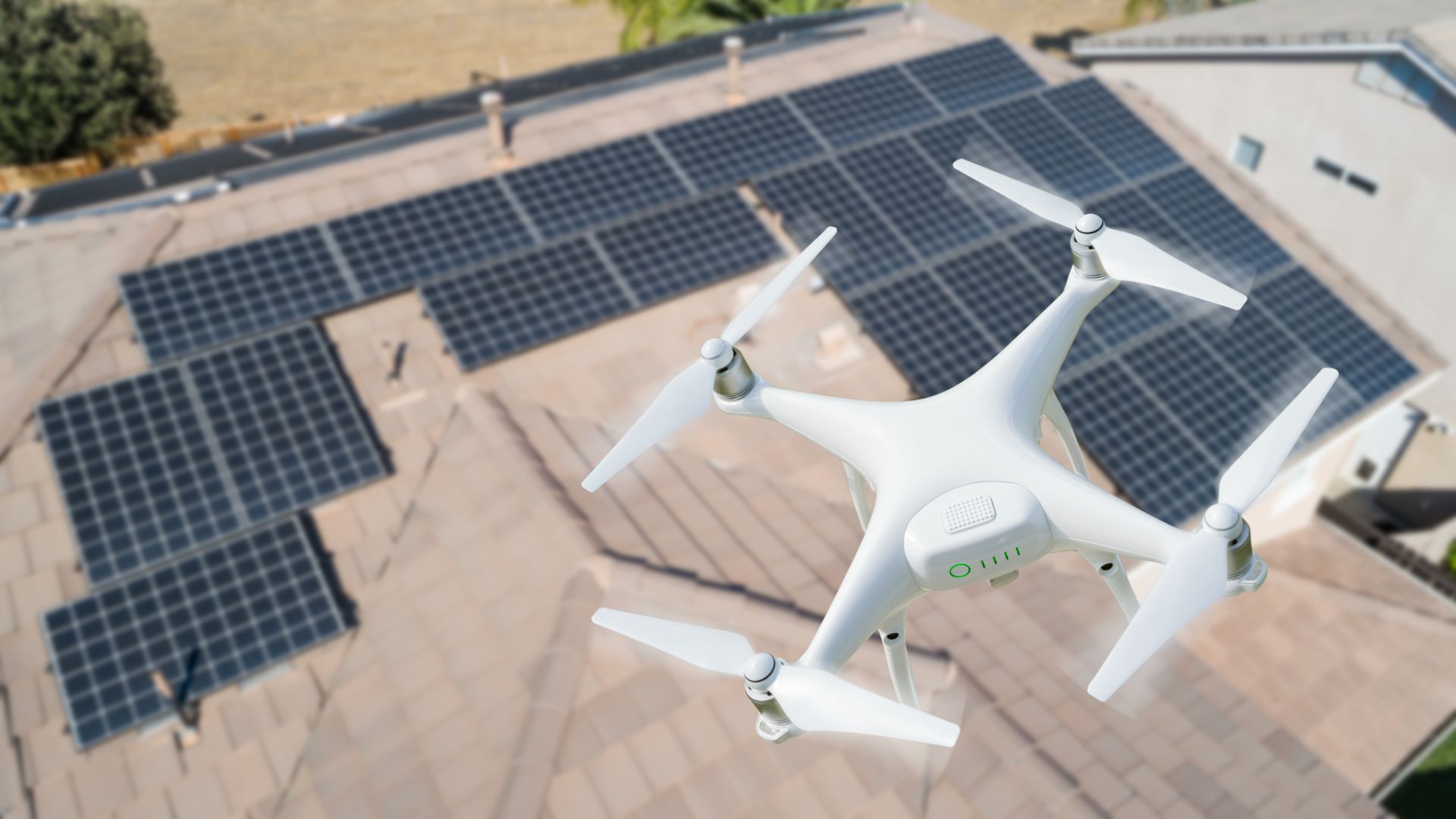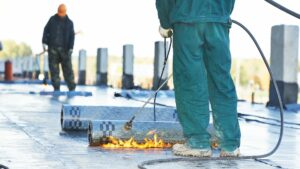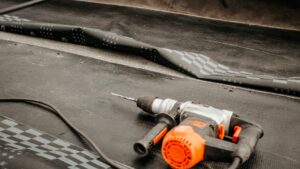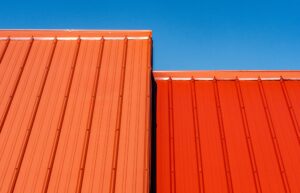Table of Contents
Your commercial building is a big investment, and you want to keep it in good condition. After all, investments can depreciate in value if you don’t pay attention to them or get the regular maintenance they need. In fact, it’s recommended you get a commercial roof inspection at least once a year.
Drone technology is the modern way companies are performing inspections not only faster but more efficiently. You won’t need a person putting themselves at risk on a potentially dangerous roof or in bad weather.
Here are the pros and cons of a drone roof inspection for your property.
What Is a Drone Roof Inspection?
The role of roof maintenance is to prevent larger expenses, prolong the life of your roof, and keep it looking great. You also want to avoid developing any problems with your building due to leaks or damage to your roofing system.
Before they can start maintenance, your roofers will need to inspect your building. A drone roof inspection allows them to do so using modern technology.
Drones use rotors to hover above the ground. Operators control these drones using remote controls that often come with a built-in screen so they can see everything the machine sees. To help with this, many drones have 4K resolution technology installed for high-quality imagery.
Building inspectors can use these drones to cut their work in half, as they can do their job from the ground. This not only makes their job safer, but they can also record photos and videos using the drones. They can even automate the drone’s flight path.
Problems That a Roof Inspection Looks For
Your commercial building’s roof is one of the most important parts of the entire structure. In fact, roof leaks are responsible for about 15% of all water damage claims by commercial properties.
When an inspector takes a look at your roof, they keep an eye out for any troubling signs pointing to a larger issue. They also see if something will develop into a problem later on.
For example, flat roofs often suffer from water pooling from excessive rain. If this happens, the water can wear away at the roofing material and leak into your building.
Your roof inspector will look for signs of wear and tear. They’ll also check when it was installed and how many more years it has left before you’ll need a replacement.
If your area deals with cold weather, then they’ll need to find any areas where snow or ice can build up. Every roof should have some kind of drainage system so you don’t end up with ice dams.
Benefits of a Done Roof Inspection
You may wonder why you would want to pay for a drone roof inspection as opposed to one where actual human roofers take a look.
First of all, drones actually have much better vision than humans. Most high-quality drones are equipped with 4K resolution cameras that can capture detailed photos and videos. These cameras can also zoom in on specific areas of your roof, allowing the operator to identify problems with more accuracy.
Secondly, these drones can be programmed with automatic flight paths to eliminate human error and improve their accuracy. Operators won’t have to worry about accidentally crashing the drone or losing it.
Drone inspections are also much quicker than human ones. Human beings are limited in how easily they can navigate a roof, as well as climb onto and off of it.
Meanwhile, drones ascend and descend with ease. Assuming there isn’t much of a breeze out, they can even hover in place while the operator takes notes or talks to the homeowner.
Finally, operating a drone is much safer than climbing onto a roof for an inspection. You never know what kind of condition a roof will be in. It’s entirely possible a worker injures themselves by stepping on an area that’s degraded or fallen apart.
Limitations of a Drone Roof Inspection
A drone inspection isn’t always the best option for your commercial roof, though. It does have its own set of limitations that may push you to hire a normal inspection.
To begin with, operating a drone requires a special set of experience and equipment. Drones are always relatively expensive to replace. As such, this kind of inspection may cost more than a standard one.
Additionally, drones don’t always catch everything the human eye might. Weather conditions like light rain or even an overcast sky can obscure the light and create a lower-quality image.
Finally, there’s the fact most roofing companies near you won’t have the training to operate a drone. This may cause the ones that do to hike up their prices due to high demand.
When to Seek Professional Help
Your drone inspection should pinpoint any roof problems you may have. The roofer you’ve hired can then organize for repairs or a closer look at the area in question.
However, there are ways to tell yourself if your building has sustained roof damage.
A ceiling that’s constantly leaking may point to some kind of roof damage. Maybe there’s been bad weather recently or a build-up of snow. Regardless, leaving this problem alone will only cause worse damage to your building.
Another reason to hire a roof inspection is to avoid air leakage. If your roof isn’t properly sealed and insulated, then your HVAC system will need to work harder and longer to maintain the indoor temperature.
Regular roof maintenance and inspections can help you stay ahead of these issues and save money in the long term.
Don’t Skip Your Next Inspection
Inspecting commercial roofs can be dangerous, especially when dealing with expansive factories. The last thing you want is for your roofers to put themselves at risk. A drone roof inspection is the best way to ensure safety while acquiring a high-quality report on your roof’s condition.
Eagle Rivet provides roofing services for clients at a competitive price. Our skilled workmanship and quality materials are available for clients across Eastern Massachusetts, New Hampshire, Vermont, Maine, and Rhode Island. Don’t wait to schedule your next appointment.




